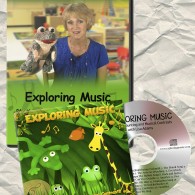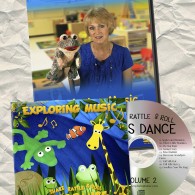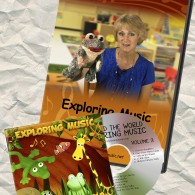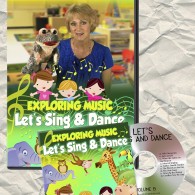My Mama was a voracious reader, and she passed the passion on to me.
She used to tell me, that if I could read, I could learn anything. She was right!

So how do I pass this love of reading on to my child? We all tend to do the things we love to do, over and over. If your child loves to read, he/she will develop excellence in this area.
Below are a few tips for sparking a love of reading in your young child.
3 tips to raise a reader
1. Talk, talk, talk.
Studies show that children who are read to and spoken to a great deal during early childhood will have larger vocabularies and better grammar than those who are not.
Even when your child is preverbal, talk about the day with him/her. Discuss what you are doing, and when he/she is old enough ask questions about the day’s activities. As your child grows and develops language, continue the conversation. Children develop conversational skills through practice, which develops language and encourages your child to read.
2. Read, read, read.
Begin to read to your baby from the time he is born. Children whose parents read to them are far more likely to develop a lifelong love of reading. Begin with simple board books, then picture books and longer stories as the child grows older. Don’t be afraid to use different voices for the different characters. Ask questions, and have him point to the pictures you are reading about. Let him point to the pictures and ‘read’ the story back to you.
Take advantage of your libraries story time. This gives your child an opportunity to see other children with a love of learning. This makes reading an adventure to go on with mommy.
Bedtime stories create a cozy intimate feeling with mommy or daddy. These great memories add to a lifelong love of reading.
3. Enjoy music together
Children have a natural love of music, and movement. Classic children’s songs, and even new ones teach much about language. They develop story lines. They teach the use of rhyming words. Children’s music can expose your child to other cultures. A study in Germany has shown a link between the brain’s ability to process arrangements of musical sounds and the arrangement of words in a language. Music helps to develop language necessary for reading. The rhythmical pattern of music helps children memorize words.






